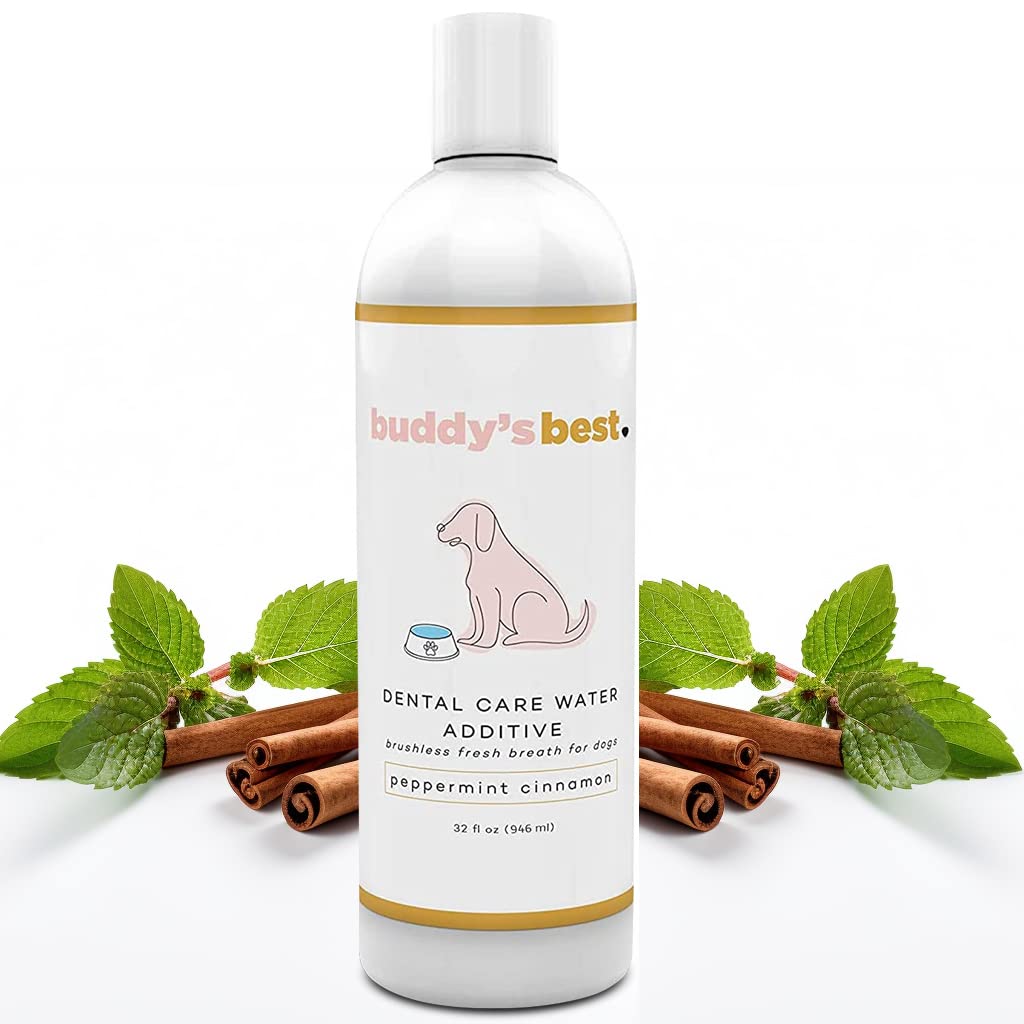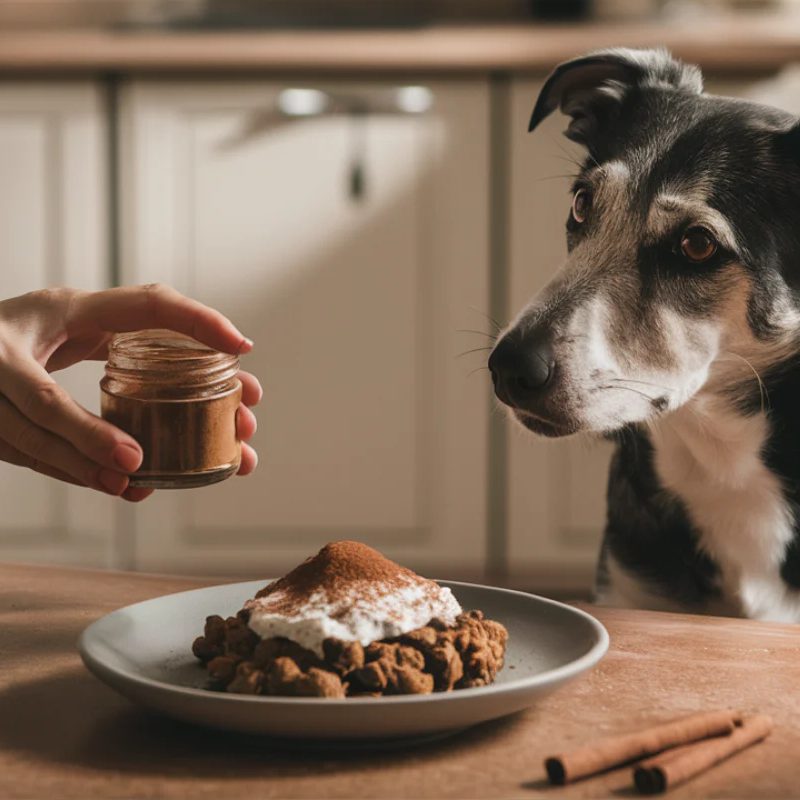Introduction: Understanding Cinnamon and Its Uses
Cinnamon is a popular spice widely used in cooking and baking. It comes from the bark of trees belonging to the Cinnamomum family. Known for its sweet and warm flavor, cinnamon has also been praised for potential health benefits in humans. These benefits include anti-inflammatory properties and antioxidant effects. However, the effects of cinnamon on dogs remain a topic of interest for many pet owners.
As pet lovers, it is crucial to understand what foods are safe for our furry friends. While some spices and natural ingredients can be beneficial, others may pose risks. This article explores the effects of cinnamon on dogs, allowing owners to make informed decisions about their pet’s diet.
Types of Cinnamon: What You Need to Know
The Difference Between Ceylon and Cassia
There are two primary types of cinnamon: Ceylon and Cassia. Ceylon cinnamon, often referred to as “true cinnamon,” is considered healthier and safer for consumption. In contrast, Cassia cinnamon is more common and often found in grocery stores. Cassia contains higher levels of coumarin, a compound that may be harmful in large amounts.
For dogs, the difference between these two types of cinnamon is essential. While small amounts of Ceylon cinnamon may not cause harm, large quantities of Cassia cinnamon can lead to health issues. Understanding these distinctions can help pet owners better assess the risks of giving cinnamon to their dogs.

Essential Oils and Cinnamon
Cinnamon essential oil is another form that raises concerns for pet owners. This concentrated oil contains higher levels of coumarin and can be toxic to dogs. Ingesting the oil, even in small amounts, may lead to serious health complications. Symptoms may include vomiting, diarrhea, and even liver damage over time.
When considering cinnamon for your dog, it’s essential to avoid all forms of essential oils. The risks associated with concentrated oils far outweigh any potential benefits. Always consult a veterinarian before introducing new substances to your dog’s diet.
Potential Health Risks of Cinnamon for Dogs
Gastrointestinal Issues
One of the primary concerns when giving cinnamon to dogs is the risk of gastrointestinal upset. Dogs may experience symptoms like vomiting, diarrhea, or stomach pain after consuming cinnamon. These issues can arise from either the spice itself or any additional ingredients it may be mixed with, such as sugars or additives.
If a dog accidentally consumes a small amount of cinnamon, the symptoms might be mild and temporary. However, if a dog ingests a large quantity, the reactions can be more severe. Pet owners should monitor their dogs closely for any signs of distress after such an incident.
Coumarin Toxicity
Coumarin is a natural compound found in higher levels in Cassia cinnamon. When dogs consume large amounts of coumarin, it can lead to toxicity. Symptoms of coumarin toxicity in dogs can include lethargy, difficulty breathing, and in severe cases, liver damage.
Pet owners need to be aware of this risk, especially when using Cassia cinnamon in cooking. If you suspect your dog has consumed cinnamon containing high levels of coumarin, it’s important to seek veterinary care immediately. Prompt action can help prevent serious health complications.

Benefits of Cinnamon for Dogs
Anti-Inflammatory Properties
Despite the risks associated with cinnamon, some believe it may offer benefits when given in moderation. Ceylon cinnamon, in particular, has anti-inflammatory properties. These properties can help support joint health in older dogs or those with arthritis.
When considering giving your dog cinnamon, it is essential to consult a veterinarian first. They can advise on safe quantities and monitor your dog’s health for any potential side effects. Responsible use may help improve your dog’s overall comfort and well-being.
Antioxidant Effects
Cinnamon also contains antioxidants that can support a dog’s immune system. Antioxidants help combat free radicals in the body, which can lead to various health issues. Using cinnamon as an occasional supplement may provide these benefits without significant risk when given in moderation.
However, pet owners should remember that many safe foods can also provide antioxidants. Foods such as blueberries, carrots, and leafy greens are excellent choices. These alternatives can offer the same benefits without the associated risks tied to cinnamon.
Safe Ways to Introduce Cinnamon to Dogs
Consult Your Veterinarian
Before introducing any new food or spice into your dog’s diet, consulting with a veterinarian is essential. Their expertise will help you understand your dog’s specific health needs and any potential risks. A veterinarian can recommend the safest ways to incorporate cinnamon if deemed appropriate.
They may also provide guidance on which type of cinnamon is suitable and how much to administer. Regular veterinary check-ups will allow you to monitor your dog’s overall health and address any issues early on.
Start with Small Amounts
If you decide to give your dog cinnamon, start with very small amounts to gauge their reaction. A pinch of Ceylon cinnamon can be mixed in with their food or treats. Monitor your dog for any signs of gastrointestinal upset, such as vomiting or diarrhea.
If your dog shows no adverse effects, you may continue to introduce cinnamon gradually. Always remember that moderation is key. Excessive amounts can lead to health risks, regardless of the ingredient.
Alternatives to Cinnamon for Flavoring
Dog-Safe Herbs and Spices
If you are looking for ways to enhance your dog’s meals, there are several dog-safe herbs and spices to consider. For instance, parsley is a great addition that can help freshen your dog’s breath. Additionally, turmeric has anti-inflammatory properties, making it a popular choice among pet owners.
Always research herbs and spices before introducing them into your dog’s diet. Some may offer health benefits, while others could be harmful. It’s best to stick with options known to be safe for dogs.
Natural Flavor Enhancements
In addition to herbs and spices, you can consider using natural flavor enhancers in your dog’s food. Low-sodium chicken or beef broth can add taste without the need for potentially harmful spices. You can also try adding cooked sweet potatoes or pumpkin, which are both nutritious and safe for dogs.
These alternatives provide variety in your dog’s diet while minimizing health risks. A well-rounded diet contributes to your dog’s overall well-being and happiness.

Signs of Cinnamon Sensitivity in Dogs
Observing Behavioral Changes
If you do introduce cinnamon to your dog’s diet, it’s essential to observe any behavioral changes as well as physical symptoms. Dogs are often unable to express discomfort verbally, so they may exhibit changes in behavior if they experience distress. Signs like increased lethargy, agitation, or reluctance to engage in usual activities can indicate that your dog is having an adverse reaction to cinnamon.
Additionally, watch for changes in appetite. If your dog suddenly refuses to eat or seems disinterested in meals after consuming cinnamon, it could signal an issue. Monitoring these subtle shifts can help catch potential health risks early and ensure timely intervention if needed. If you observe any concerning changes in your dog’s behavior, consult your veterinarian immediately for guidance.
Seeking Veterinary Advice
If you suspect that your dog may have consumed an excessive amount of cinnamon or if they show any of the warning signs mentioned, seeking veterinary advice is crucial. A veterinarian will evaluate your dog and may recommend tests to rule out any complications related to cinnamon consumption. Early detection of issues can lead to more effective treatment and a better prognosis.
Moreover, discussing your dog’s diet openly with your veterinarian can help create a balanced nutrition plan that doesn’t rely on potentially harmful ingredients. Your vet can provide alternatives and supplement recommendations tailored to your dog’s specific health needs. Regular check-ups will also help maintain your pet’s overall health and well-being, ensuring that you can enjoy many happy moments together.
Conclusion: A Cautious Approach
In conclusion, while cinnamon has certain health benefits, it can also pose risks to dogs. Understanding the types of cinnamon, potential health risks, and safe practices is essential for pet owners. Always consult a veterinarian before introducing cinnamon or any new food into your dog’s diet.
Using cinnamon in small amounts and being mindful of its source can help minimize risks. However, exploring safer alternatives can provide similar benefits without the potential dangers. A cautious and informed approach will ensure your dog remains healthy and happy, allowing you both to enjoy each other’s company for years to come.


